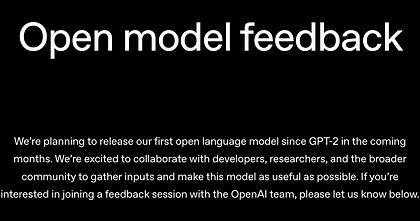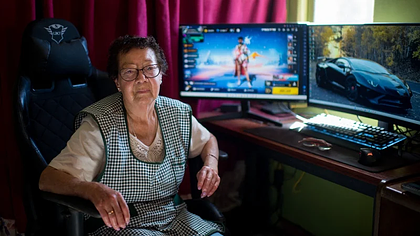Senior Power Electronics Control Firmware Engineer
About the client:
The product of our client is focused solely on electric vehicles (EVs) charging and their established business model has been validated by more than a decade in business and thousands of customers.
With EVs expected to be nearly 30% of new vehicle sales by 2027 and more than 50% by 2040, electric mobility is becoming a reality, the product is at the center of this revolution, powering one of the world’s leading EV charging networks and a comprehensive set of hardware, software, and mobile solutions for every charging need. It brings together drivers, businesses, automakers, policymakers, utilities, and other stakeholders to make e-mobility a global reality.
Join the team that is building the EV charging industry and make your mark on how people and goods will get everywhere they need to go, in any context, for generations to come.
Responsibilities:
- Design and implement embedded control systems for components such as PFCs, chargers, DC/DC converters, and inverters.
- Perform board bring-up and develop device drivers for communication protocols like CAN, I2C, and SPI.
- Contribute to the creation of technical specifications, participate in design reviews, and carry out unit testing.
- Validate design concepts through a combination of simulations and hands-on lab testing.
- (Preferred) Develop automated test cases for Hardware-in-the-Loop (HIL) modeling and testing.
- Stay current with emerging technologies in digital control and controller systems.
- Write efficient, real-time, interrupt-driven embedded code.
- Read and interpret circuit schematics and troubleshoot hardware-related issues effectively.
- Understand and consider safety regulations relevant to power converters used in fast-charging applications.
Required Skills:
- 5+ years of experience in the development of power electronics products.
- Extensive hands-on programming expertise in C/C++ and Assembly for 32-bit microcontrollers and DSPs, as well as Python for scripting and automation tasks.
- Strong background in embedded firmware development for real-time systems using C/C++.
- In-depth knowledge of power electronics concepts, including control strategies for inverters, rectifiers, and DC-DC converters such as LLC, CLLC, and DAB topologies.
- Familiarity with grid-tied inverter systems is considered an advantage.
- Practical experience working in high-power lab environments, with the ability to diagnose and resolve hardware issues linked to firmware behavior in power converters.
- Skilled in microcontroller programming and integration of key peripherals, including timers, PWM, interrupts, GPIOs, ADC, UART, I2C, SPI, CAN, and Ethernet.
- Expertise in bootloader development, including secure and reliable implementations involving memory management, firmware partitioning, communication protocols, flash programming, and validation/testing procedures.
- Hands-on experience with Hardware-in-the-Loop (HIL) testing, covering system setup, real-time simulation, plant modeling, hardware integration, test automation, fault injection, and result analysis.
- Strong debugging capabilities for complex firmware issues, using tools like oscilloscopes, logic analyzers, and hardware debuggers.
- Practical experience with real-time operating systems (RTOS) in embedded environments.
- Solid understanding of communication protocols frequently used in power electronics applications.
- Technical proficiency in control system development for power inverters, converters (e.g., PFC, chargers, DC/DC, and inverters).
- Skilled in control system modeling and simulation using tools like MATLAB, Simulink, PLECS, or equivalent platforms.
As a plus:
Experience in FPGA programming and simulation methodologies.
.jpg)




